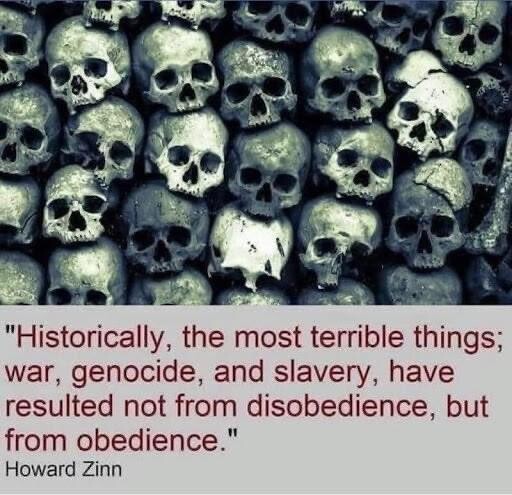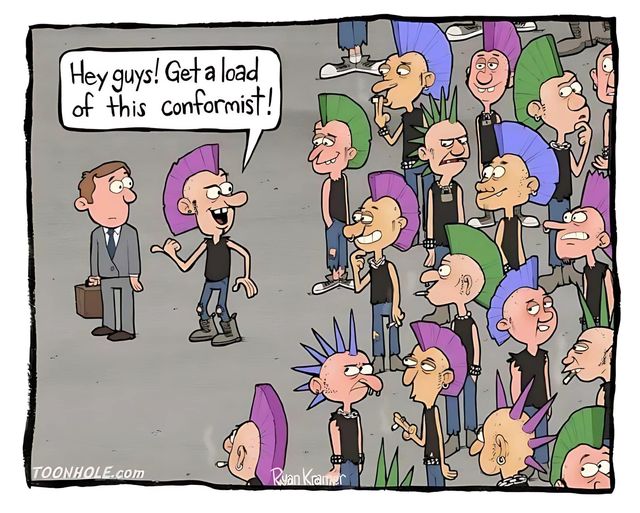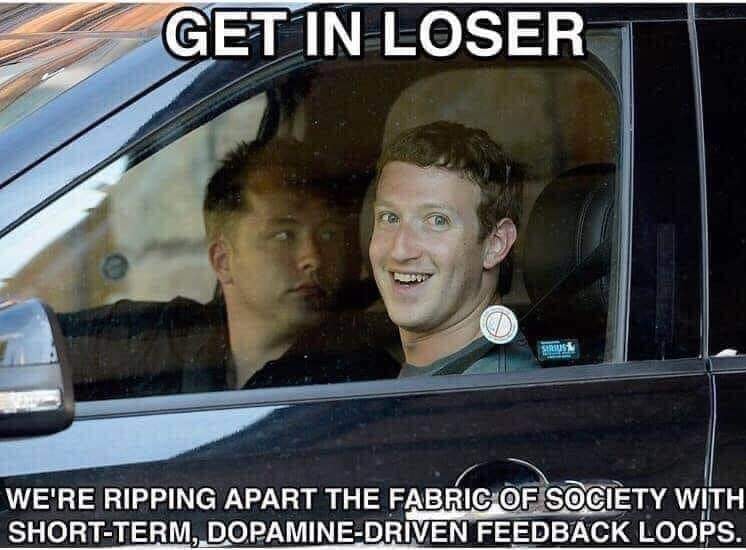A problem we’ve inherited from the last ten years of corporate social media, the #dotcons, is the toxic confusion of the personal and the public. Platforms like #Facebook and #Twitter blurred the lines between private conversation and public broadcasting, monetizing both as if they were the same. That mess wasn’t accidental; it was profitable.

Unfortunately, we’ve reproduced this mess on the #Fediverse without properly composting it first. What does that mean? We’ve taken this tangled, unhealthy paths and rebuilt them with new tools, many of them open-source, but we haven’t separated the core issues or composted the conceptual issue. As a result, we still see confusion around what content belongs in the public commons and what should stay private. People are still posting as if they’re in a private chat while standing on a soapbox, or trying to gate keep public news through private group dynamics.
The reality is: we already have a clear, simple solution.
- The Fediverse is public. It is for public media, public conversation, news, projects, what we want to share with the world.
- Encrypted chat apps (like Signal) are for private communication, what we want to keep between individuals or trusted groups.
This needs to be simple #KISS: Keep It Simple, Stupid, but instead, we have well-meaning but unthinking devs and users trying to remix the worst of #dotcons culture, mushing together public and private spaces, throwing moderation at everything like it’s a catch-all fix, and muddying the waters of what these networks are actually for.
This is not innovation, it’s common crap behavior inherited from systems built to manipulate, monetize, and pacify us all. If we want more of real, trusted, meaningful media, we have to get back to basics: public news needs to be built on #4opens, and it needs to be created, distributed, and discussed in public spaces.
That’s why projects like #OMN (Open Media Network), #OGB (Open Governance Body), and the #indymediaback reboot matter. They offer paths where grassroots, trust-based publishing thrives again, outside #NGO capture and corporate control and enclosure.

With this change in mind, why the #Deathcult Hashtag?
People often ask why I use the hashtag #deathcult so much. It’s provocative, yes, but it’s not just for shock value. It’s a term that names the dominant ideology of the last 40 years: #neoliberalism. An ideology so pervasive that most people can’t even see it any more, even while it’s actively eroding the very values they claim to be upholding.
You see this when a liberal proudly buys “organic” yogurt at Safeway while supporting systems that are destroying the planet. That’s not just irony, that’s the entire logic of the deathcult. It’s the normalization of destruction wrapped in “ethical” branding. And no, it’s not just the yogurt, that’s just the joke. It’s everything: our phones, our work, our schools, our activism.
If you can’t find a part of your life untouched by the deathcult, it’s because it has touched everything. That’s why the hashtag exists: to make people uncomfortable. Because without that discomfort, we won’t challenge the roots of the system we’re all still living inside.
This movement isn’t about reinventing wheels, it’s about returning to native paths. The public internet worked before. Let’s compost the #techshit by usefully separating the public from the private, and rebuild the “native” path on clear, #4opens foundations.
We can do better, we already know how, let’s stop pretending we don’t.



